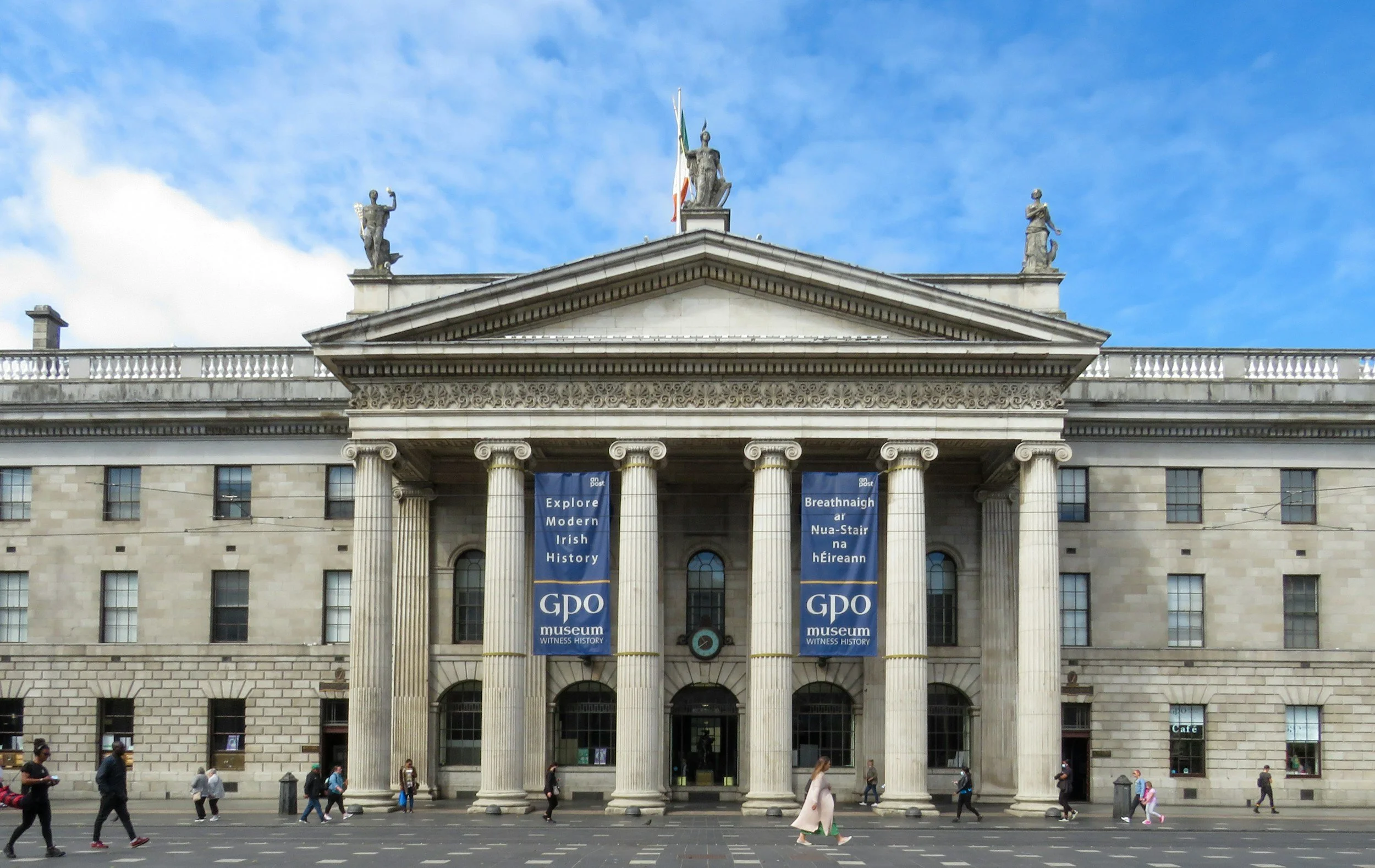Catholics are still adjusting to yesterday’s document about same sex blessings from the Vatican.
Some argue that it is a radical shift in church teaching and practise, a proto schismatic act. Others argue that it is an act of cowardice and sleight of hand, essentially a ‘don’t ask don’t tell’ policy of tacitly allowing priests to bless same sex couples. Others hail it as a victory for public celebration of blessing same sex couples.
A small but ardent minority maintain that absolutely nothing of substance has changed within the church.
At least one Archbishop has firmly rejected the document, Archbishop Tomash Peta of Saint Mary in Astana, Kazakhstan has joined Bishop Schneider to call it a ‘great deception’.
The wrote:
in the spirit of episcopal collegiality, we ask Pope Francis to revoke the permission to bless couples in an irregular situation and same-sex couples, so that the Catholic Church may shine clearly as the “pillar and ground of the truth” (1 Tim 3:15) for all those who sincerely seek to know the will of God and, by fulfilling it, to attain eternal life.
You can read their full article here.
Meanwhile, the Episcopal Conference of Malawi has stated that the blessings of same sex couples will not take place in their country.
Meanwhile, Austrian bishops have taken the opposite view, saying that priests will not be allowed to turn down blessings for same sex relationships:
Latin Mass Society chairman Joseph Shaw has written:
The best way to understand it is to see it as part of a strategy to make the greatest possible liberal-friendly publicity splash with the smallest-possible disciplinary or doctrinal concession. Again and again Pope Francis has been given credit by liberals inside and outside the Church for making great changes when, on closer examination, nothing of substance has changed. In this case, priests are not authorised to do anything they were not already allowed to do.
He then states:
It does not follow that this document is harmless. The predictable headlines on the Church accepting sex outside marriage undermine the proclamation of the Gospel and harm souls. Good priests are demoralised, and bishops wishing to teach authentically risk being told that they are contradicting the Pope.
This analysis is probably the most reasonable. Yes, the document affirms that individuals must seek the Holy Spirit and a better understanding of a life of faith, but the document has also created a situation where blessings will be performed in mockery of the faith. To pretend otherwise is delusional at best, deliberately cynical at worse.
This question from Edward Feser is at the heart of the problem:
What comes next for the church?
We are likely to see German and American priests offer pseudo spontaneous blessings to large groups bearing rainbow flags, but also to others in ‘irregular situations’.
What will happen then? Will the church punish those priests? Will the church elaborate further on what ‘spontaneous’ entails?




